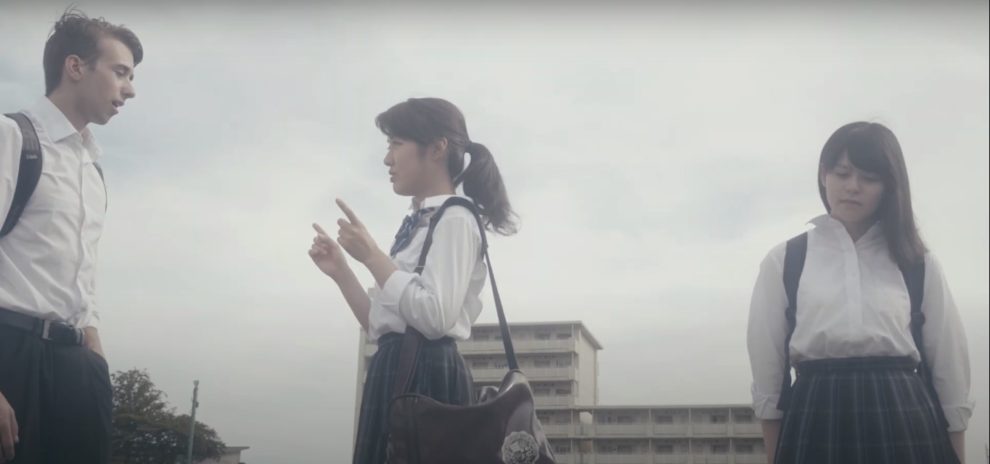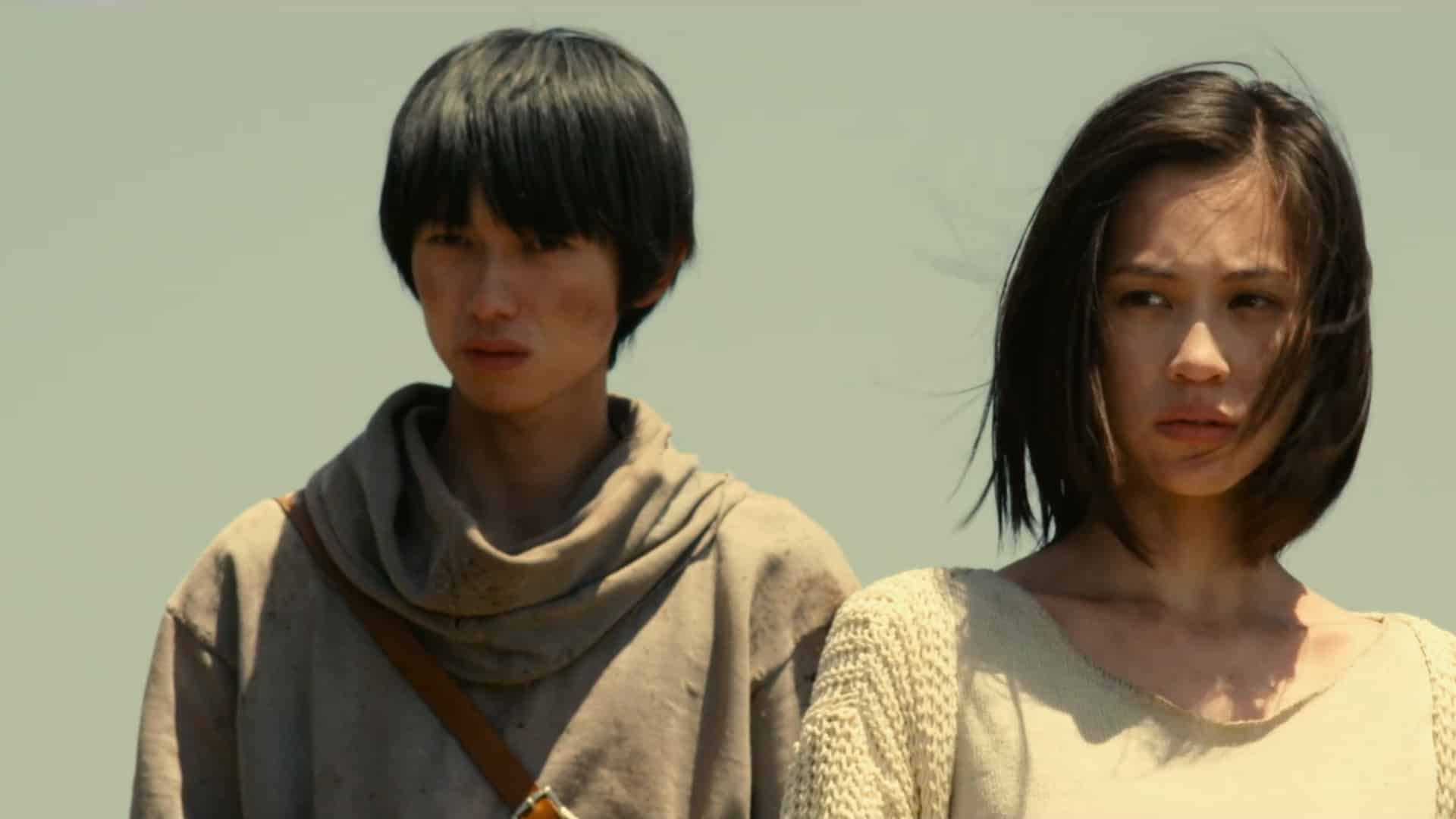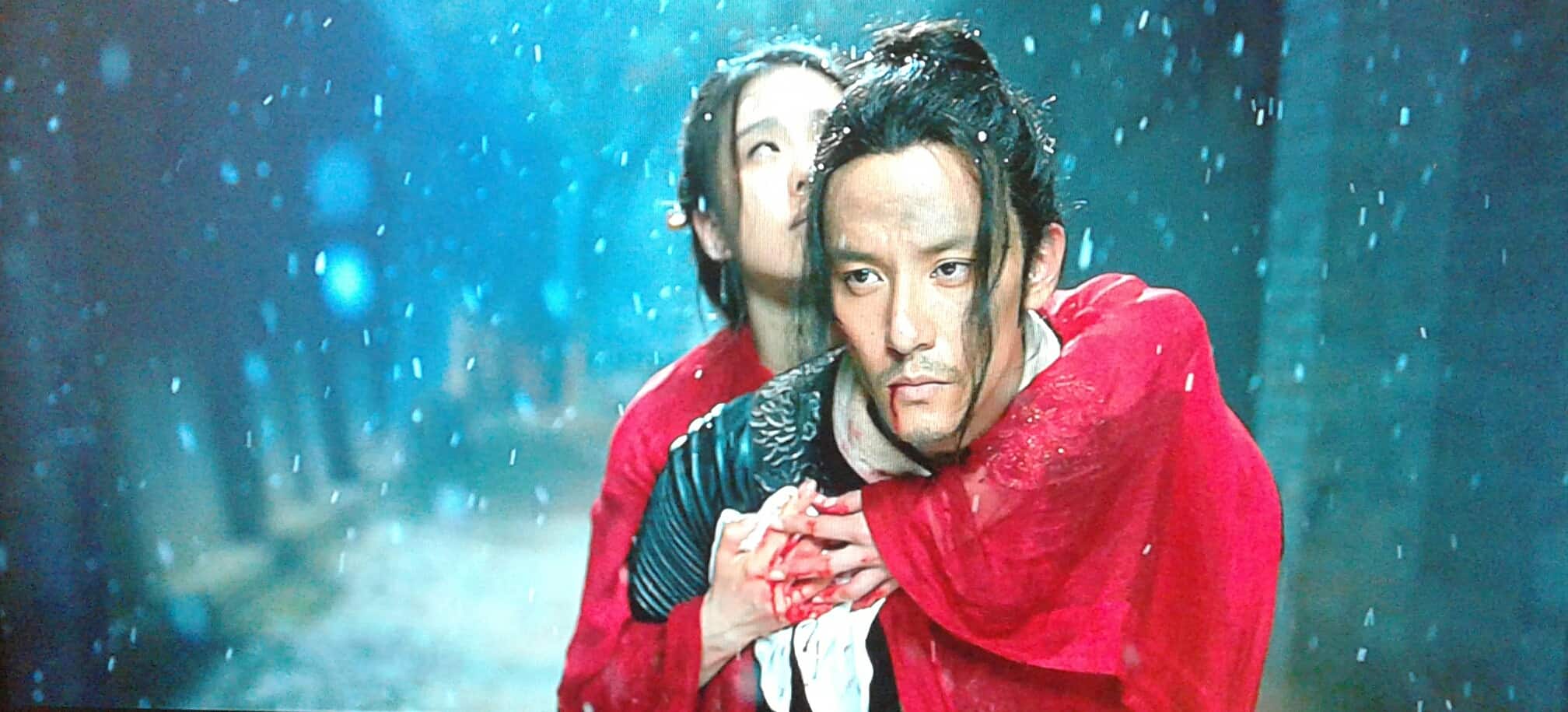Best friends Karen and Mikako find a shift in their relationship when Karen's family takes in an English speaking exchange student, Alex. When Alex and Mikako become interested in each other, it is up to Karen to communicate between the two, having to remain ever present in their interactions. However, the translator begins to question her role when it seems to contrast with her feelings, leading to a peculiar predicament.
Saying I Love You is Screening at JFFH 2020 Online-Festival

Kenshi Shimoto's “Saying I Love You” offers up a brief romantic, yet tragic, scenario placed upon two friends. The narrative is explored through Karen's personal struggles as she has to deal with the aloof Alex and his continued desire to express his feelings through her words. Unsurprisingly, this dynamic creates a tear in the relationship when the girl realizes that in having to do all the speaking, she loses her own voice.
The buildup of resentment leads to a bittersweet conclusion that perfectly frames Karen's frustrations with her friend and Alex. The well executed climax acts to showcase the short film's greatest strength, a well executed narrative built off the back of a sincere protagonist. However, the rest of the production falls short in a few notable regards that hinder the overall presentation.
Firstly, the supporting cast falls awkwardly short, with both Alex and Mikako feeling painfully under-realized and dull. Their unreliability hinders believability in the young translator's own response with the object of her turmoil being agitated by two unimaginative personas. Additionally, Alex seems so out of his element, both culturally and in personality, that there is little sense of validity in the concept of a romantic interest.
The other hindrance comes from a rather dull visual presentation, favoring a blue tint that even turns outside shots gray and unimaginative. The use of this visual style can have its place in certain productions that favor a more somber or melancholic approach to their subject matter, but for a production of this ilk, it stands as a poor creative choice. Arguably, a more colorful palette would have better served the production leading up to the somewhat romantic conclusion.
Ultimately, off of the back of a strong concept and closing scene, “Say I Love You” offers an engaging viewing experience within its brief runtime. However, a few distracting choices make the production unlikely to leave much of a lasting impression.














